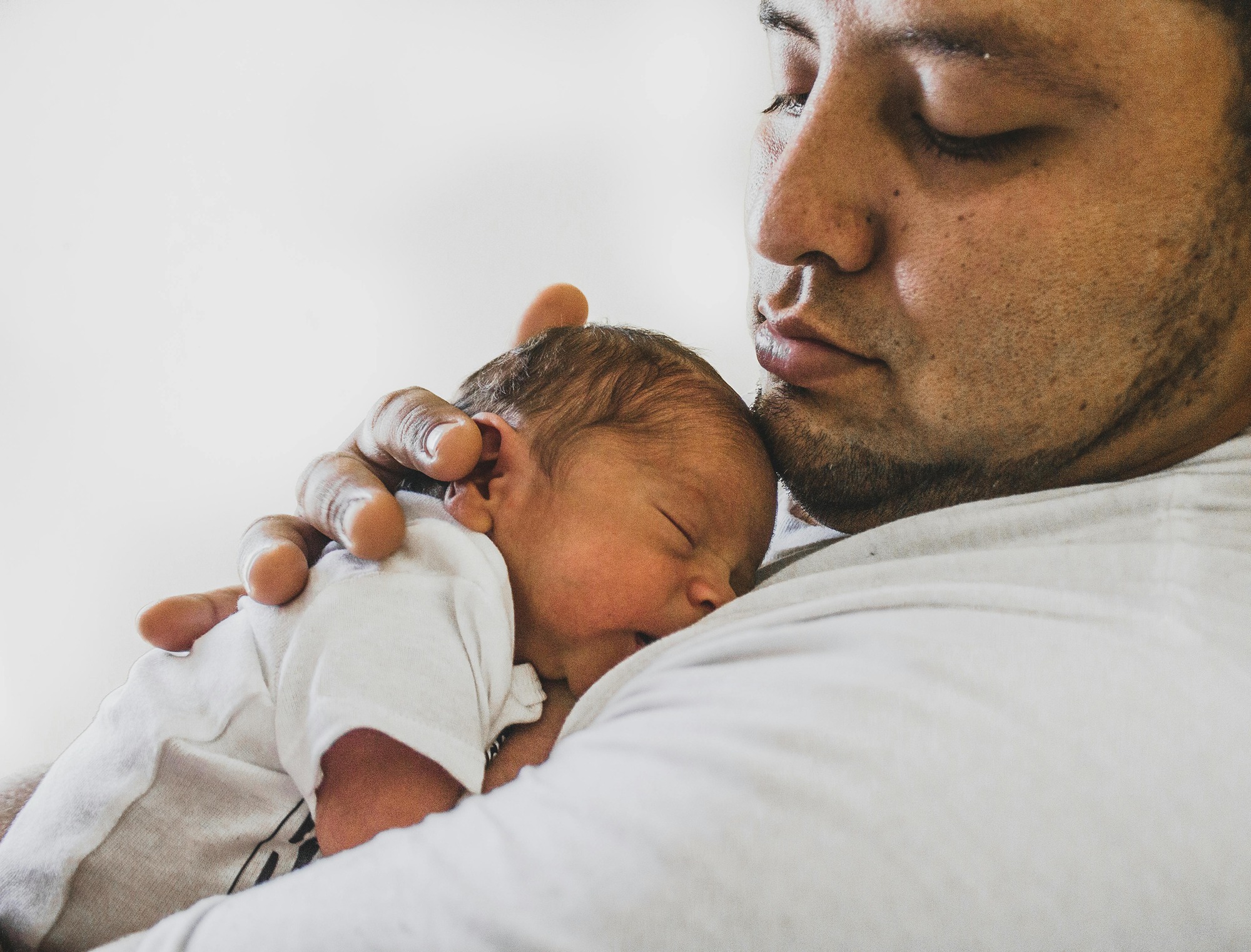Type a search + hit enter!

Everyone has heard from someone or somewhere: “My child was sleeping through the night at just 4 weeks old!” And then you, as a first time mom or dad, sweep the unwashed hair out of your face to reveal the new permanent dark circles that have developed in the past 8 weeks and have a *hard* eye […]
read more
latest post

read more
Everyone has heard from someone or somewhere:
“My child was sleeping through the night at just 4 weeks old!”
And then you, as a first time mom or dad, sweep the unwashed hair out of your face to reveal the new permanent dark circles that have developed in the past 8 weeks and have a *hard* eye roll. Your child is still up every 2-3 hours at night, and sometimes more often.
I am here to remind you that every baby is different. There is nothing wrong with your baby because it does not sleep through the night. In fact, it is more “normal” for a baby to be waking throughout the night then it is for a baby to sleep through the night. Although…what is normal with babies anyways?
Here are some important facts:
-
Between 9 and 12 weeks of age, melatonin (the hormone that allows a child to feel tired) produced in full term infants increases 5-6x
-
The major time for production of melatonin between 9 and 12 weeks of age is between 2:00 AM and 10:00 AM (so no, you aren’t crazy, your child may sleep better in the morning than at night)
-
At 24 weeks the melatonin levels produced by an infant are ~25% of an adult
-
Breastmilk contains melatonin that appears in a circadian rhythm, (e.g. higher levels at night) which is why breastfeeding at night can help an infant fall back asleep
-
Breastmilk is easy for an infant to digest, so if you are exclusively breastfeeding, your baby will need to be fed more often (however, studies have shown that breastfeeding infants actually sleep more in a 24 hour period than formula fed infants do – so remember to sleep when your baby sleeps!)
It is also important to remember:
For 9 months that baby could hear you and feel you at all times of the night and day. It can be difficult for some babies to adjust to not hearing the heartbeat, feeling the breath, or having the warmth of their parent at all times. Try to be patient with your little one. Everything is new to them now, and you are the only thing that is familiar. They are going to want to be held, and sometimes that is the only way that they can sleep.
When does the lack of sleep indicate something is wrong?
This is a question that I get from new moms quite often. Rather than paying attention to how much sleep your infant is getting, it is better to pay attention to the quality of sleep they are getting as well as their growth and development.
-
Are they sleeping restfully?
-
Do they seem full after they feed?
-
Are they having enough wet and dirty diapers in a day?
-
Are they growing well (e.g. what does your pediatrician or healthcare provider say)?
-
Are they meeting their milestones?
And I will always tell my patients to follow their gut instinct. If you feel something is wrong with your baby, please seek help from a pediatrician, midwife, or lactation consultant.
Get Your copy →
Cross the finish line with confidence.
Don't walk into your IBCLC exam nervous - with our comprehensive study guide in your back pocket, you'll be prepared for every scenario and question.
